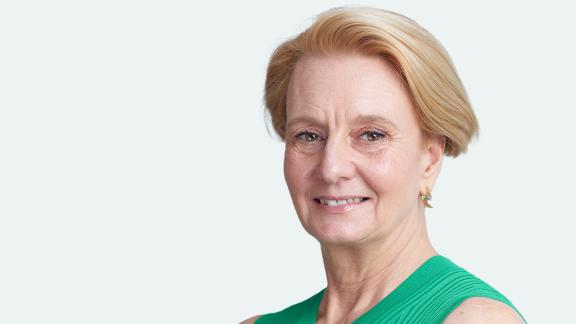Bold action or slow decay: what the new evidence means for ICB commissioners

Dentistry can still belong within a universal, prevention-first NHS, but only if ICBs are supported to lead through influence, partnership and innovation, not instruction.
In 2023, the Nuffield Trust warned that without structural reform, NHS dentistry would contract faster than it could be rebuilt. They were right.
Two years on, across every dataset, market signal and professional survey, one message is clear: the system is moving on — with or without the NHS.
The Trust’s recent written evidence to the Public Accounts Committee and the Christie & Co Dental Market Review 2025 offer a reality check that no system leader can ignore. What was once forecast has now become fact.
A forecast realised
The 2023 report Bold Action or Slow Decay stated that NHS dentistry stood at a crossroads. It warned that much bolder action was urgently needed if dentistry is to be set on a more sustainable footing.
By April 2025, the Nuffield Trust confirmed the consequences of inertia and limited innovation:
- A market and workforce that no longer see NHS dentistry as viable.
- Patients left without access to NHS-funded care.
- Six million fewer treatment courses delivered in 2022–23 than before COVID.
- Real-terms funding £500 million lower than in 2014–15.
This is not a temporary dip, it is a structural reset.
The latest market report from Christie & Co shows what that reset looks like:
- Corporate groups are exiting NHS-heavy contracts for high-revenue private hubs.
- Independent and small-group operators dominate growth, backed by private investment and patient-plan income.
- Even where NHS provision persists, goodwill values are rising only for private portfolios.
The system diagnosis
Across the evidence base, three truths are now unavoidable.
1. A contract unfit for purpose
The Unit of Dental Activity (UDA) remains dentistry’s fault line, rewarding throughput over prevention. It deters clinicians from high-need patients and bears little relation to population health outcomes.
2. A workforce re-prioritising its values
Nuffield’s data shows falling NHS commitment and growing disillusionment among younger clinicians. Christie’s analysis confirms that many are choosing models offering autonomy, flexibility and innovation.
3. A market correcting itself
Private and hybrid models are scaling fast, powered by independent capital and digital platforms. The vacuum left by NHS dentistry is being filled, but by private investment, not public reform.
As Raj Rattan MBE noted, the profession faces ‘hope fatigue’ — a loss of faith that reform will ever match rhetoric — while the public remains caught between policy intent and practical access.
The reality check for ICBs
The message is clear: the dental system cannot self-correct, but nor can it be fixed by ICBs alone. The Nuffield Trust recognises the reality that commissioning capacity and capability remain thin after management cost reductions. ICB leaders know the limits of their formal control, but those limits should not be mistaken for lack of influence.
Where direct levers are few, strategic leadership becomes decisive. ICBs can still set direction, forge partnerships and commission differently.
Across community and primary care, sessional contracting involving commissioning time and outcomes rather than procedures is already standard practice. Community nursing, urgent treatment centres and mental health services all use block or sessional models, built around teams delivering defined outcomes for defined populations.
"Where direct levers are few, strategic leadership becomes decisive. ICBs can still set direction, forge partnerships and commission differently"
Dentistry remains the outlier, tied to the fee-for-service logic of the UDA, rewarding volume over value. Yet the framework for change already exists: ICBs can commission dental access and prevention sessions through fixed, session-based contracts linked to outcomes such as access, continuity, patient experience and oral-health improvement.
This is not radical reform, it simply brings dentistry in line with how the NHS commissions other forms of primary care and shifts focus from transactions to time, from throughput to trust, and from counting UDAs to creating health.
That requires acknowledging that the traditional contract is obsolete and testing sessional and outcome-based models; incentivising new market entrants to fill gaps that incumbents cannot, and using data as design intelligence, linking oral health with deprivation, child health and long-term condition data to target Core20PLUS5 populations.
This is not a battle lost to the private sector, but a chance to partner for public good — restoring capacity and confidence through shared capability and reconnecting dentistry with the wider NHS mission.
So what now?
The choice facing the NHS is not between public or private, reform or retreat — it is between reinvention or managed decline.
National reform may buy time, but transformation will only come through local collaboration, shared purpose, and strategic clarity.
Dentistry can still belong within a universal, prevention-first NHS, but only if ICBs are supported — and trusted — to lead through influence, partnership and innovation, not instruction.
Bold action now will decide whether NHS dentistry evolves, or fades into slow decay.
Sara Hurley CBE is chair of the University of Suffolk Dental CIC and is supporting dental transformation at Surrey Heartlands ICS. You can connect with Sara on LinkedIn.



